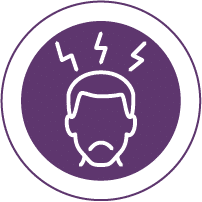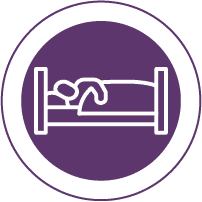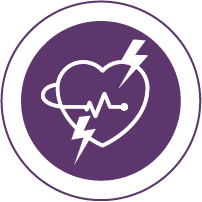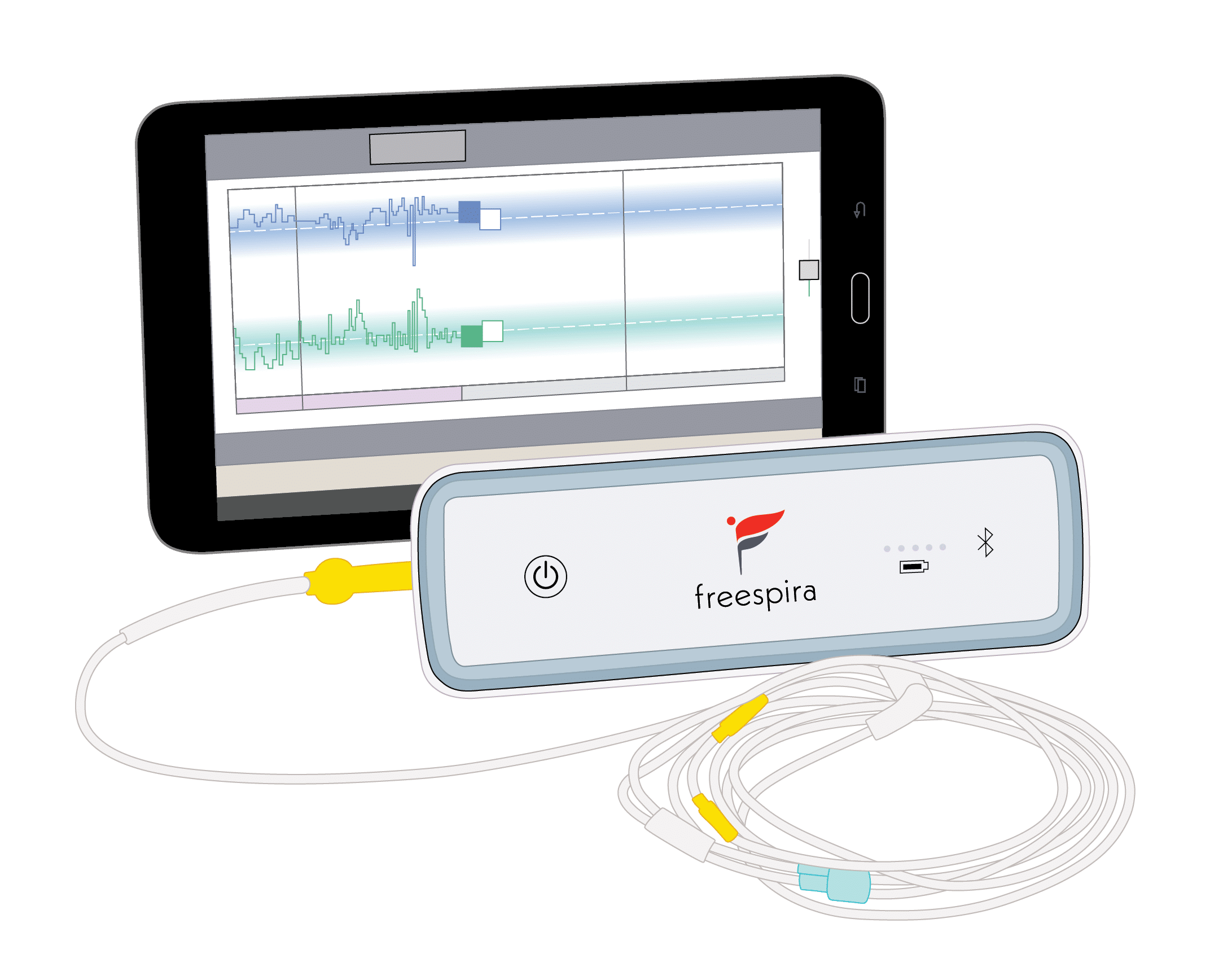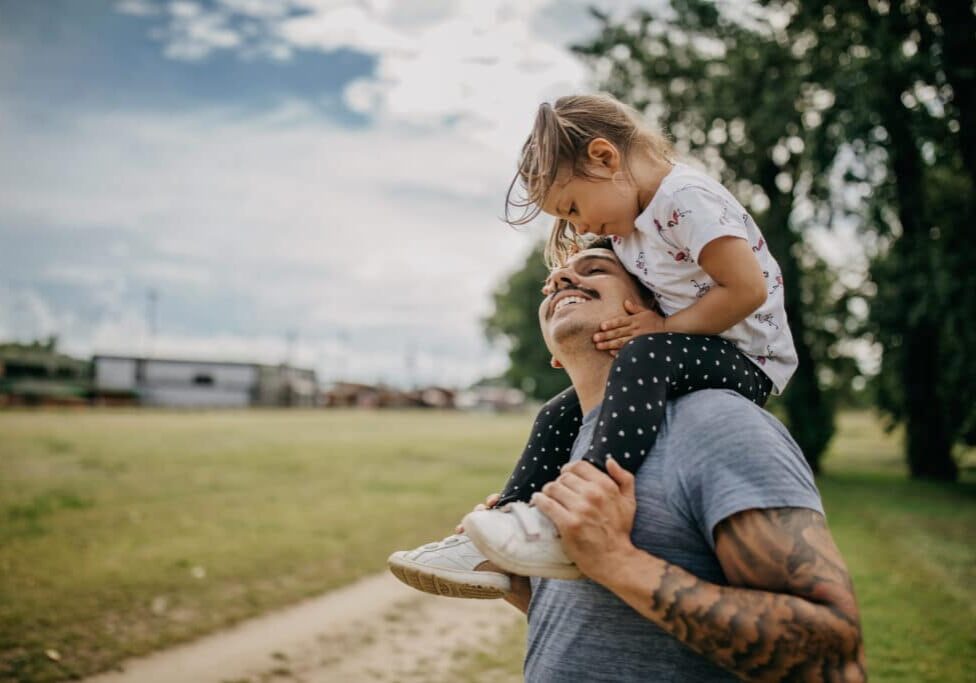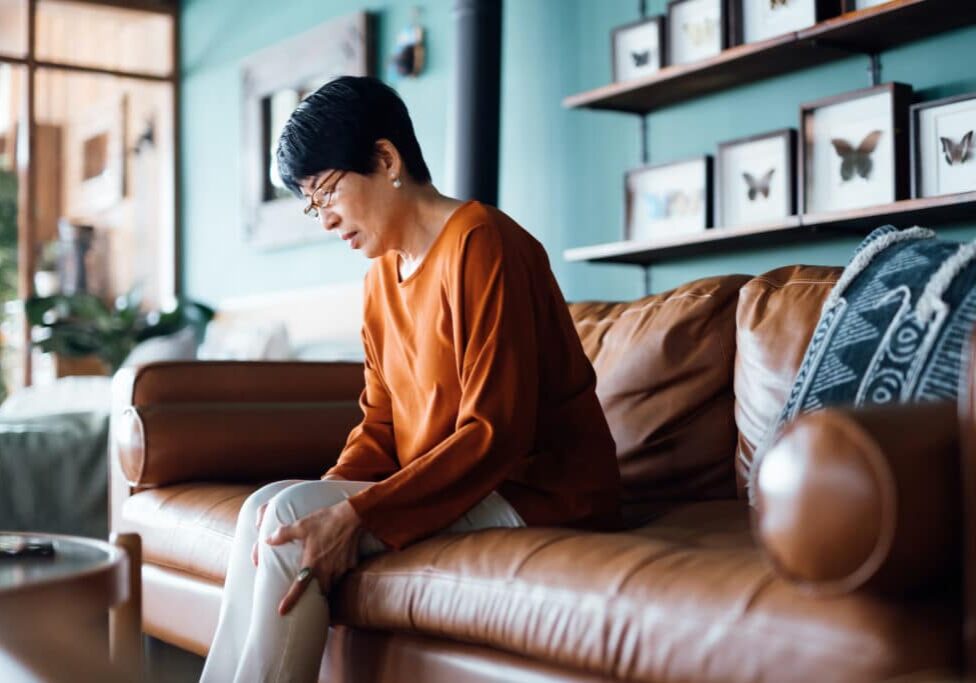More than 12 million Americans suffer from PTSD.
According to the National Center for PTSD:
- 6 out of every 100 adults will have PTSD in their lifetime.
- 7 out of every 100 Veterans will experience PTSD.
- Women are more likely to develop PTSD than men: about 8 of every 100 women (8%) and 4 of every 100 men (4%) will have PTSD at some point in their life.
Typical PTSD symptoms include:
EASILY STARTLED OR FRIGHTENED
SLEEP DISTURBANCE AND NIGHTMARES
SEVERE EMOTIONAL DISTRESS
Other common symptoms may include:
- Unwanted, distressing memories of the traumatic event
- Depression or feeling emotionally numb
- Hopelessness about the future
- Avoiding places and people who remind you of the traumatic event
Source: Mayo Clinic, 2023
Events that can lead to PTSD include:
Physical abuse, violence or sexual assault
Combat exposure
Job-related trauma (first responders, armed forces, healthcare workers)
Traumatic childbirth
Surviving a natural disaster (flooding, earthquakes)
Accidents (car crashes, workplace injuries)
Diagnosis of a life-threatening condition
SOURCES: National Institute of Mental Health (2023), Mind.org.uk (2023).
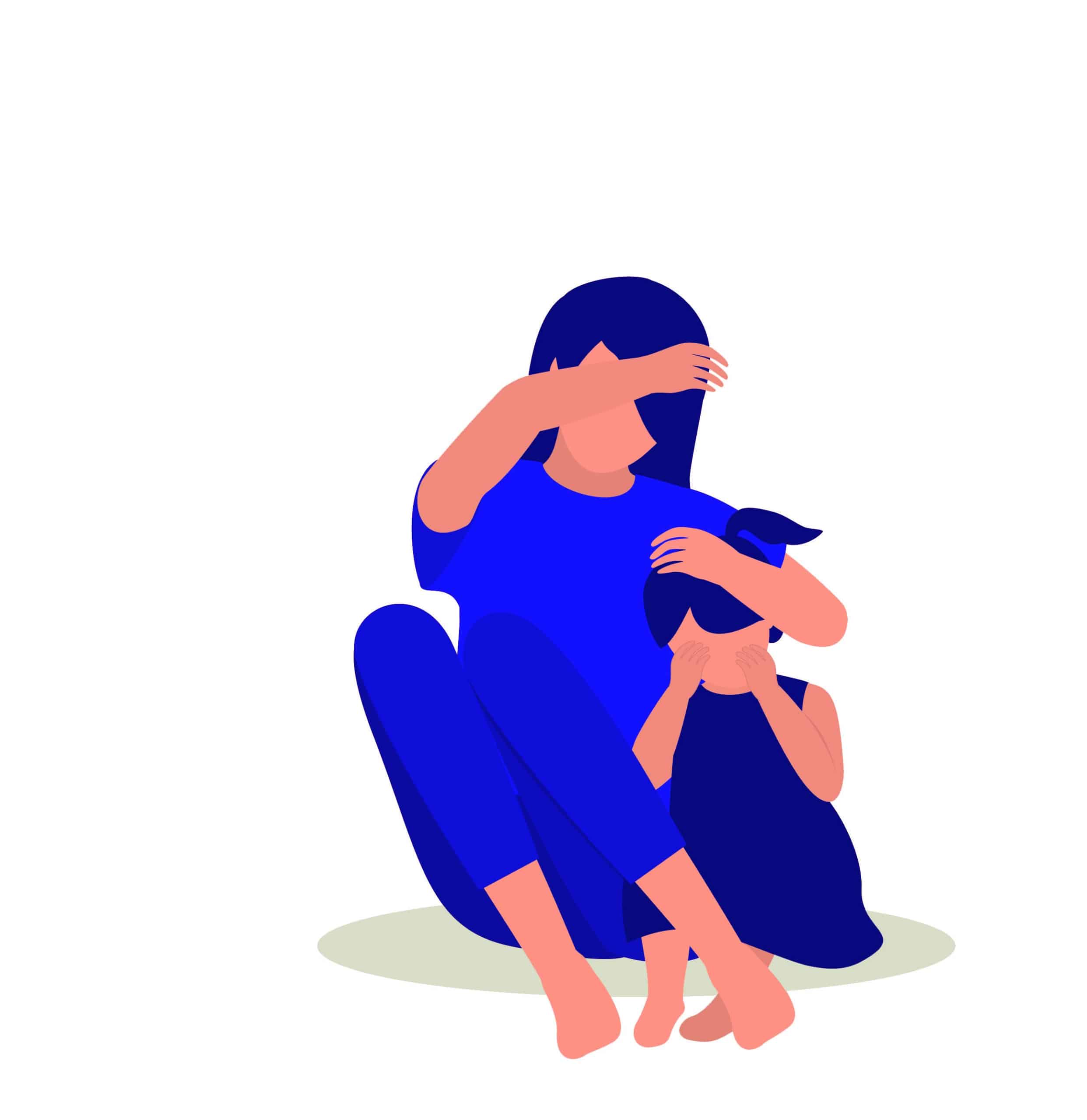
SURVEY RESULTS
Survey: Most Troubling PTSD Symptoms According to Patients
The symptoms survey respondents say they most want to resolve:
0%
Not sleeping consistently through the night
0%
Experiencing panic attacks and general anxiety
0%
Difficulty being present with family and friends
0%
Inability to stay calm in difficult life situations
0%
Problems controlling anger or frustration
SOURCE: Survey data collected Oct. 25-26, 2021, via online poll service. Participants were Veterans of the U.S. military diagnosed with PTSD.
“I ran into a person that has triggered my PTSD in the past, which always sent me into a tail-spin. When I unexpectedly saw that person, I was able to remove myself, calm myself down and be okay in the situation."
—Freespira Patient
Symptom relief for PTSD is here
The Freespira team is available to answer questions and provide support.
CALL US
IS FREESPIRA RIGHT FOR ME?
Take the online assessment
Patients In Their Own Words
HOW DOES IT WORK?
Retrain your breathing patterns with Freespira
You complete two 17-minute sessions a day for 28 days. During each session, a sensor samples your breathing and provides real-time feedback. It takes just one month to transform your breathing patterns, significantly reducing panic attacks and PTSD symptoms.

COVERAGE AND REIMBURSEMENT
How much does it cost?
Many people, including veterans with VA benefits, can get Freespira through their health insurance or employer. Others view the one-time investment as a cost-effective alternative to ongoing copays without real relief. Talk to one of our expert reimbursement advisors for a quick look at your coverage options.
“Going home usually fills me with anxiety, and I really notice my PTSD symptoms. This time, I felt okay going home and I was even using my breathing with the tones in my head before bed to help me relax and fall asleep. That was a really big deal to me."
—Freespira Patient
HOW IT WORKS
Getting started with Freespira
First, you’ll need to answer some questions about your symptoms and health history. That helps us make sure Freespira is right for you and gets you authorized for treatment.
Within a few days of authorization, we’ll ship Freespira to your door. Next, you'll have a video call with your personal coach to begin your 28-day treatment.

